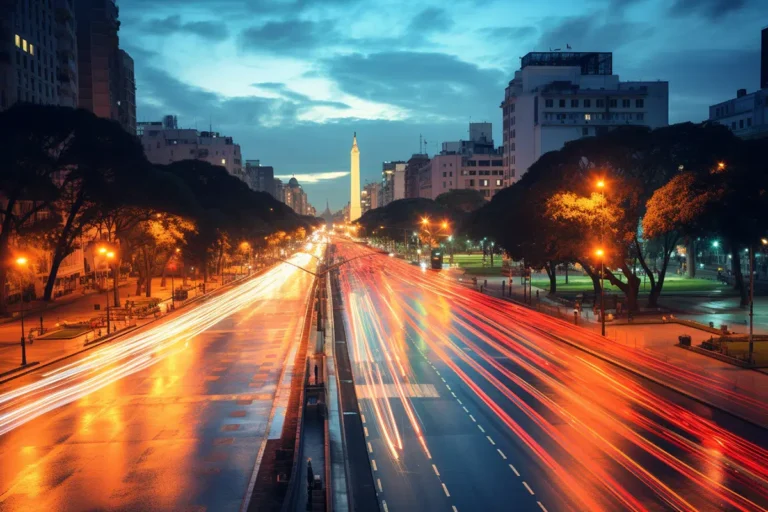Argentina, the second-largest country in Latin America, is grappling with a longstanding struggle for stability amid economic turmoil and political divisions. Historically marked by cycles of growth and dysfunction, the nation finds itself at a crossroads as President Javier Milei vows to implement drastic economic and political reforms.
The country’s turbulent political history, characterized by periods of democratic rule and military interventions, has left a deep imprint on its society. The dominance of Peronism, a populist political philosophy introduced by former President Juan Perón, has shaped Argentina’s political landscape for decades. However, internal divisions within Peronist factions and the rise of outsider parties like Milei’s Libertarians signal a shifting political paradigm.
Economically, Argentina has faced significant challenges, from unsustainable government spending to reliance on commodity exports. Despite once being among the world’s wealthiest nations, the country has experienced sharp declines, including periods of hyperinflation and default on international debt. Recent administrations have implemented various reforms, yet economic stability remains elusive, with high inflation rates, mounting debt, and currency controls hindering progress.
The current economic landscape underscores Argentina’s urgent need for reform. Inflation rates exceeding 140%, a budget deficit as high as 10% of GDP, and a national debt surpassing $400 billion illustrate the magnitude of the crisis. Additionally, currency controls and import barriers have deterred foreign investment, exacerbating economic challenges and perpetuating poverty.
Amid these difficulties, President Milei’s ascent to power represents a significant shift in Argentina’s political dynamics. Advocating for free-market principles and conservative social policies, Milei’s administration aims to implement sweeping changes, including reducing government spending and addressing the budget deficit. However, the path to economic recovery remains fraught with challenges as Milei navigates complex political landscapes and entrenched interests.
Furthermore, Argentina’s role in the region and its global relations add another layer of complexity to its quest for stability. While maintaining close ties with neighbouring countries through multilateral groups like Mercosur, Argentina’s relationships with global powers such as China and the United States continue to evolve. China’s significant investment in Argentina’s economy poses opportunities and challenges, while relations with the United States fluctuate amidst shifting political tides.
As Argentina confronts its economic and political challenges, the nation stands at a critical juncture in its history. The success of President Milei’s reforms, coupled with ongoing efforts to strengthen democratic institutions and promote economic resilience, will shape Argentina’s trajectory in the years to come. However, the road ahead remains uncertain, highlighting the enduring struggle for stability in one of Latin America’s most prominent nations.


